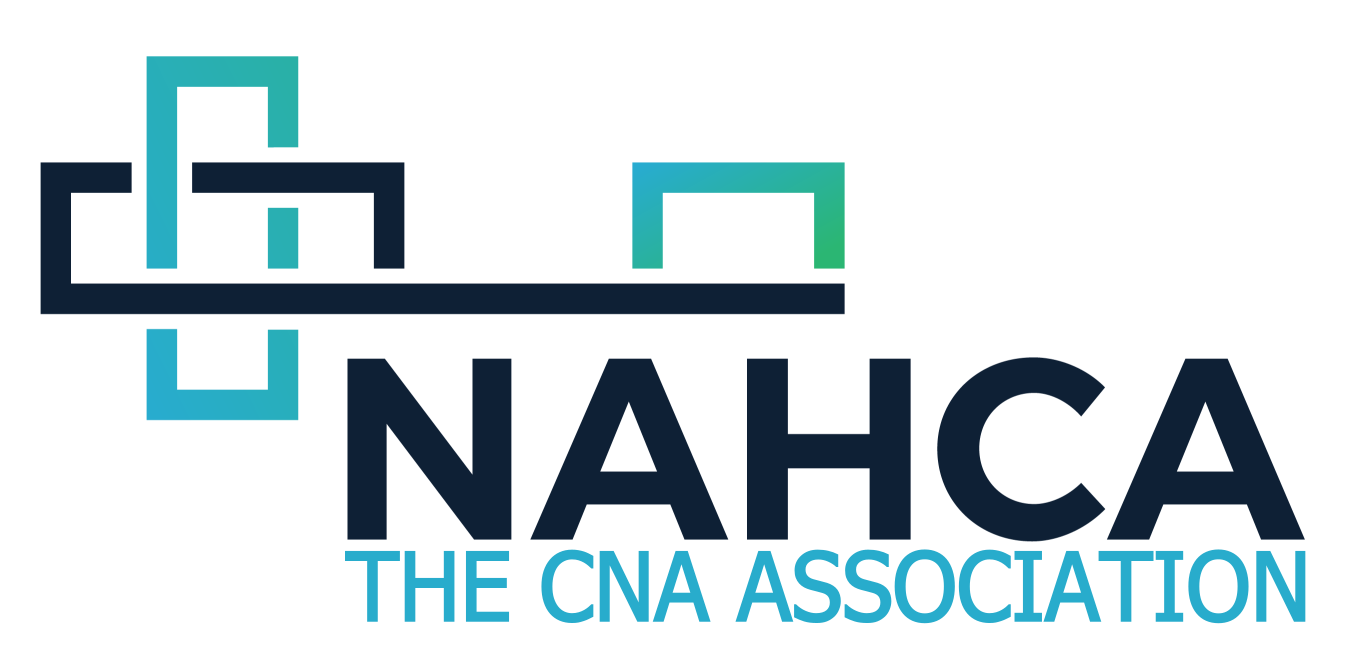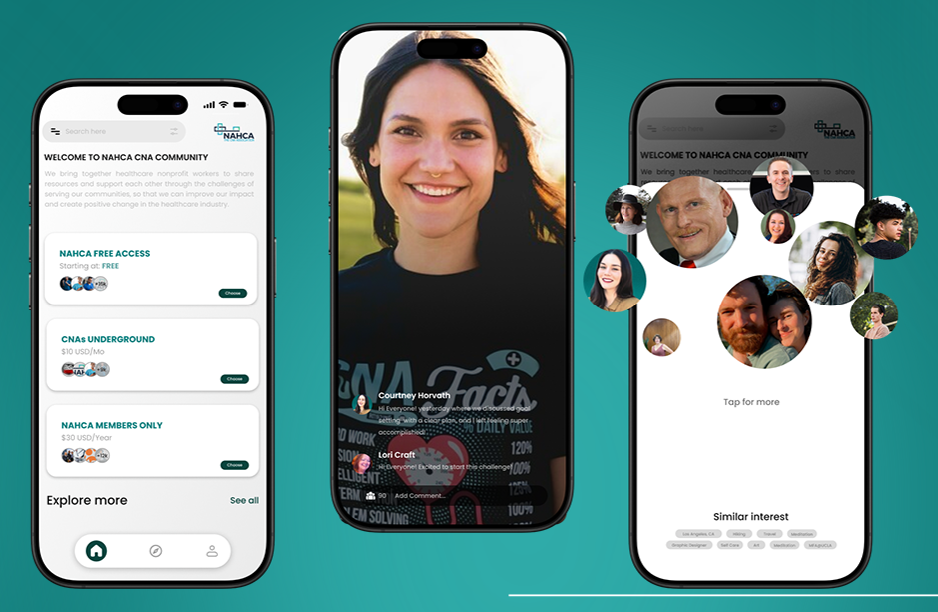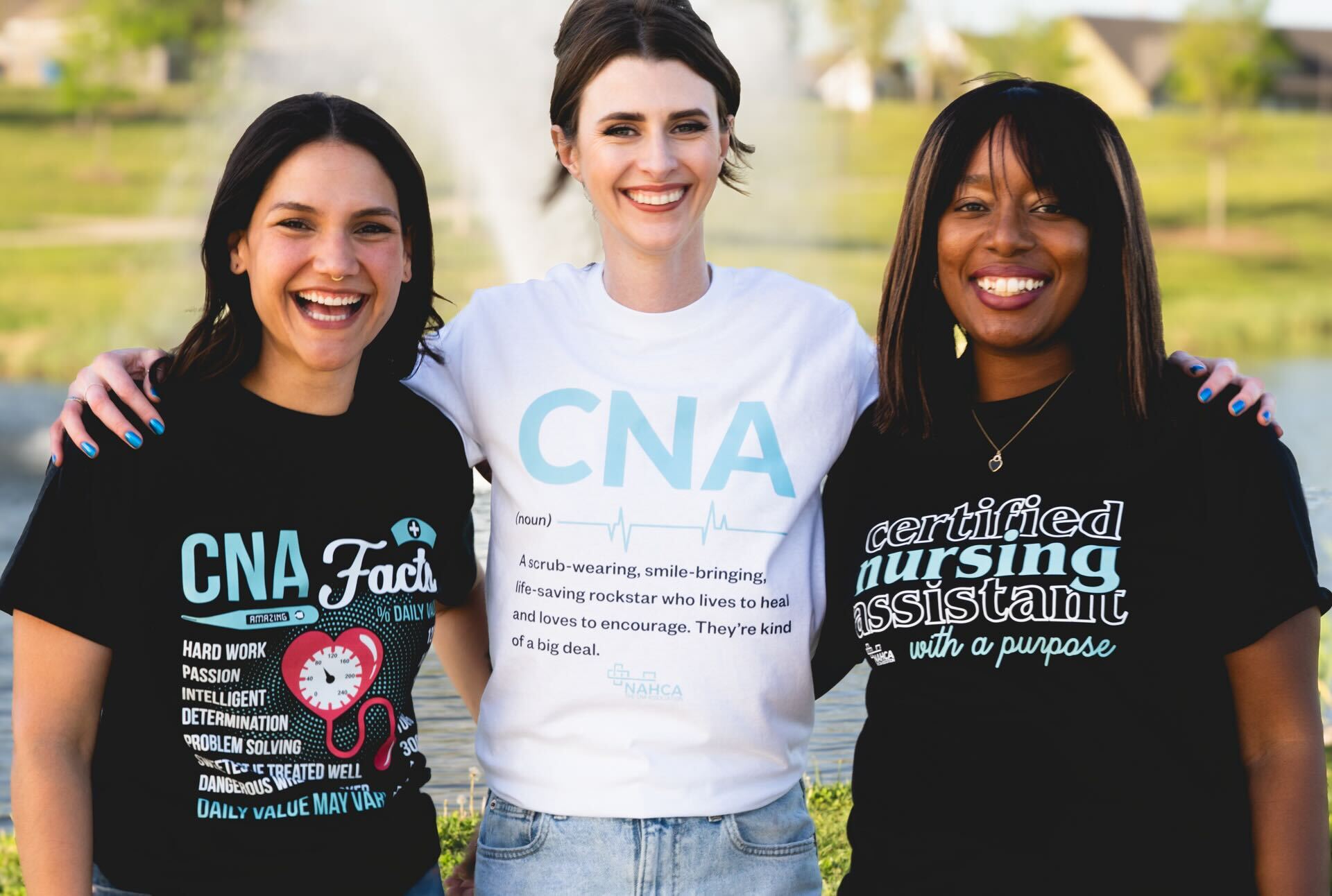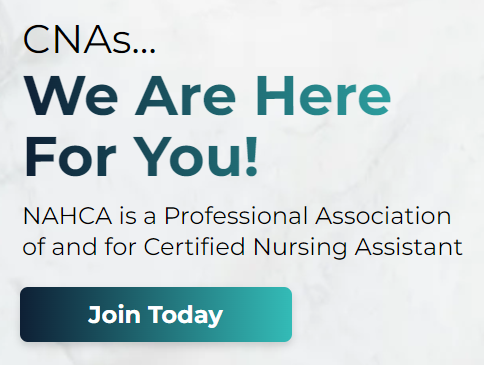I work as a CNA and a preceptor on the morning shift. When I train new CNA’s, I have to slow down to teach them as we go. However, working in a memory care unit can be very eventful, and it can be stressful at times. We all know it is almost impossible to give individualized personal care in the amount of time given. Because of this, I have to prioritize the importance of what I do during our routine.
The Importance of Oral Hygiene
One thing I always teach the importance of is oral hygiene. Brushing teeth is often skipped due to lack of time or refusal by the resident. Every CNA needs to know why good oral hygiene is needed, how to provide it, and signs to look for when it is not given. This information will lead to residents receiving better oral care.
Keeping our mouths clean affects our overall health. It goes beyond cosmetics and bad breath, although this can cause social isolation and depression. According to the NIH, the mouth is home to over 700 species of bacteria. The healthy and harmful bacteria work together to form biofilm. Biofilm coats your teeth, gums, tongue, and palette. When someone does not practice good oral hygiene, the harmful bacteria can take over and cause many oral diseases. Brushing removes this biofilm and helps healthy bacteria do its job.
The Adverse Effects of Poor Oral Hygiene
Harmful bacteria affects our health in other ways also. When a person aspirates, it is the bacteria in the mouth entering into the lungs that cause pneumonia. If disease has damaged your gums, bacteria enters tiny blood vessels and starts getting passed to other organs through your bloodstream. As it reaches the organs, it can cause other health conditions. Poor oral hygiene has been linked to diabetes, heart diseases, and Alzheimer’s disease.
On the other hand, many health issues will cause problems in the mouth. Decreased appetite and weight loss are also symptoms of poor oral hygiene. Simply brushing your teeth can prevent so much.
Know the Protocol
CNAs should be trained to give proper oral hygiene to their residents. It is important for them to learn the basics and how adjust to each person’s needs. Before starting to brush their teeth, it will be key to find out if that person has any restrictions. You need to know if they are NPO, have dentures, or need any assistive devices. One assistive device is a foam tube over the brush handle for a better grip.
As you begin, make sure the resident is in an upright position any time when brushing teeth. Try to use a soft brush and fluoride toothpaste. Move the brush in a circular motion at an angle toward the gum line. Remember we want the whole mouth clean. Brush the gums, teeth, tongue, and soft palette. Be careful not to let them swallow anything. Let them spit as often as needed to help prevent aspiration. Encourage the use of floss and mouthwash. Brushing should be done twice a day for two minutes each time.
If your resident has dentures, still use a toothbrush to brush the gums, tongue, and palette. Using swabs and sponges will not remove the biofilm. Make sure to check for food under dentures after each meal. Before bed take out the dentures to soak. This gives your gums time to breath and promotes healthy gum tissue.
Watch for Changes
As CNAs, we are the first to notice a change. This includes oral health. Watch for signs of pain in the mouth. This can be anything from holding their jaw to not wanting to eat anymore. Check for bleeding gums when brushing teeth. This could be a sign of gum disease. Medications can cause issues with our mouths. Some can cause dry mouth while others can cause painful sores. Special oral care instructions may be given in these circumstances.
Residents who are aware of their teeth and poor oral care may avoid social activities out of embarrassment. Be aware if someone is spending more time alone or not talking to avoid others looking at their mouth. When we stay alert to these changes in oral care, we could possibly prevent much more serious issues.
Many of our residents come to us with years of poor oral hygiene. We may not be able to undo all the problems already present, but we can work together to prevent additional or worsened issues. I will continue to teach our new CNAs to provide good oral hygiene. In doing so, they could be saving their residents’ lives.





I work in memory care often. These residents can be a real challenge. Any helpful tips that anyone has would be welcomed.
ORAL HYGIENE IS EXTREMELY IMPORTANT IN PATIENTS, BECAUSE EVERYTHING ENTERS THROUGH THE MOUTH, IT IS PERHAPS A HYGIENE THAT KEEPS THEM EVEN MORE HEALTHY BECAUSE HAVING A CLEAN MOUTH AND TEETH NOT ONLY AVOIDS CAVIES AND PERIODONTAL DISEASE, BLEEDING FROM GINGIVITIS AMONG OTHERS, IT ALSO HELPS TO MAINTAIN THE FACT OF EATING AND FEELING SELF-ESTEEM, IN MY COUNTRY OF ORIGIN I WAS A DENTIST AND NOW IN THE USA I AM A CNA AND I HAVE BECOME A CNA WITH A VOCATION OF WHAT I DO AND I SEE THE IMPORTANCE OF ORAL HEALTH IN ELDERLY PEOPLE AND PATIENTS WHO ARE ALL DAY OR PART OF IT IN A BED OR IN A WHEELCHAIR DEPENDING ON US.